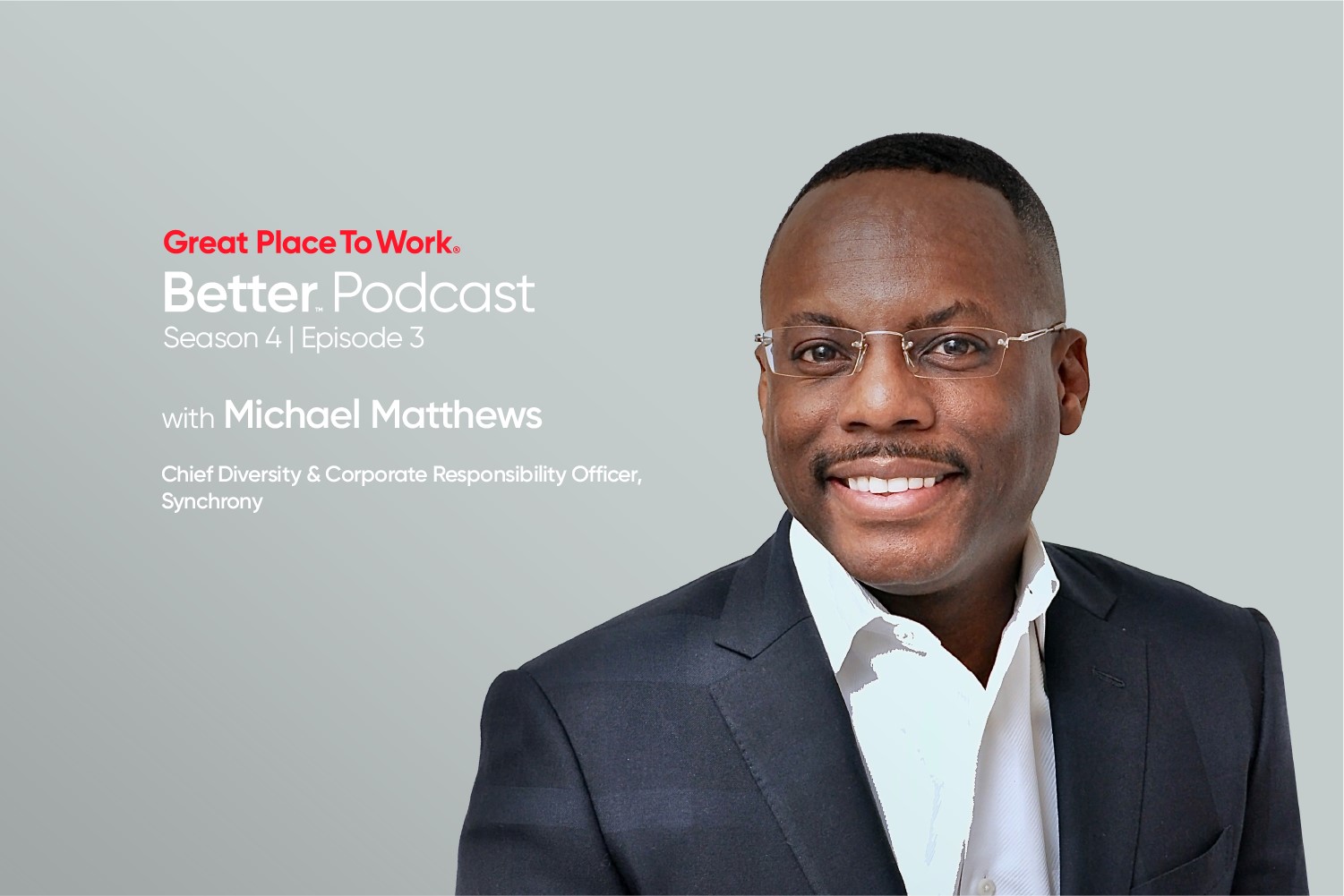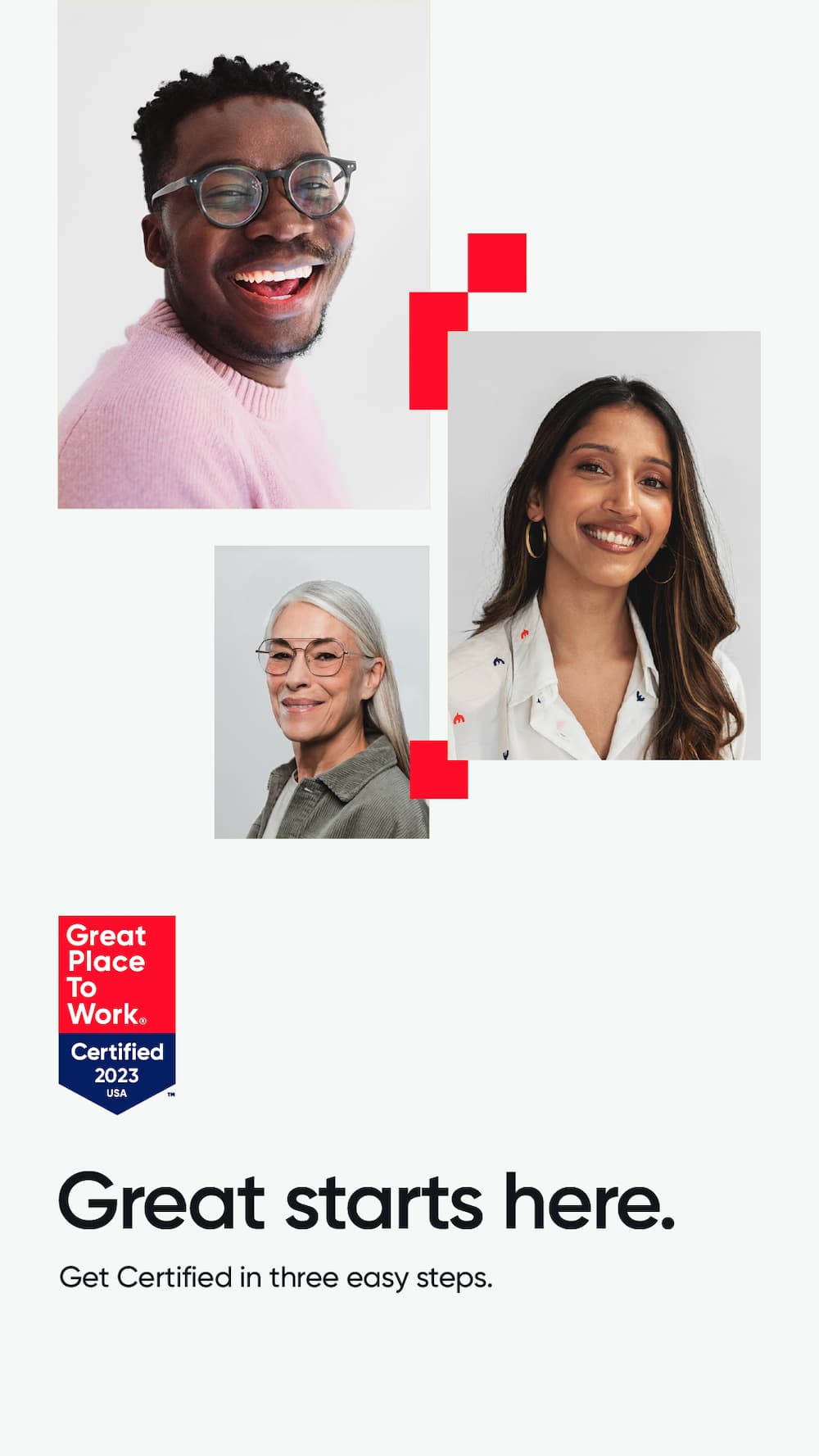
Developing Leaders, Employee Experience, Leadership & Management, Sharing, Talent Management
Seven out of ten people in the US workforce believe that managers play favorites at work. This is what we found in our 2018 study of the U.S. workforce. We also found that just 47% of Americans think that promotions are fairly awarded at their workplaces.
Over my 10 years of consulting, I have spoken with hundreds of employees from different countries and industries. I know that for the vast majority of them, the criteria for promotions is a mystery. Our research also indicates that fairness in promotions is most questioned when people do not have a chance to appeal the decision.
Where employers go wrong
In almost every single client engagement I have with C-suite members, when we discuss promotions, they truly believe that the recipients deserve them. But leaders often make decisions about the professional future of an employee based on what they hear from others and not through their direct experiences.
Traditional hierarchies limit who employees can show their potential and talents to.As a result, employees commonly believe that their bosses don’t allow them to maximize their potential.
We should acknowledge that there’s some confidentiality which prevents leaders from disclosing all information about their decision-making process. However, leaders can definitely do a better job expressing their intuition around people’s ability to succeed in leadership roles.
The good news is that the picture is significantly better at the Fortune 100 Best Companies to Work For®, where, on average, seven out of ten employees have positive perceptions of promotions and fairness. And when employees have a For All™ leader, nine out of ten employees have positive perceptions of promotions.
For All leaders are those who give their companies the agility and resiliency to thrive in today’s complex times by fostering genuine human connections within and across diverse teams. They enable every employee to bring their unique selves to work, no matter who they are or what they do.
How do the best leaders drive perceptions of fairness in performance appraisals and promotions?
I conducted a deeper dive into leaders at top-scoring companies on the topic. At fair workplaces, For All leaders consistently:
1. Care not only about employees’ professional growth but also about their personal growth
This feeling is beautifully described by an employee of construction company Power Home Remodeling:
“Power gives the tools to be a better you, not only in your career but in your personal life as well. You are encouraged and challenged constantly, which promotes overall growth.”
2. Give people the tools and opportunities to own and define their professional future, rather than deciding it for them
At software company Red Hat, this is how people live it:
“I strongly believe that this is the place where people own their own destiny and can do great things if they want to.”
3. Don’t limit the growth of people by matching their background with the organizational chart
Instead, promote and train for career changes based on contributions and potential, regardless of educational credentials, tenure or experience. As an example, this is how employees at Hilton describe it:
“Whenever I’m visiting a hotel or corporate office, I hear amazing stories from fellow team members, from a housekeeper who worked her way up to be a GM, to someone who has worked in nine different properties on five different continents.
“These stories inspire me and prove that working at Hilton is more than just a job, it’s a career.”
4. Actively mentor people
Employees at Best Companies have a mentor or sponsor in a senior leadership role to turn to for career advice and honest feedback. Here is an example of the support people feel at professional services firm Plante Moran:
“Each employee, from interns through senior managers, are provided a team partner who is their personal coach and mentor throughout their career. As other public accounting firms have moved mentorship responsibilities to lower managers, our firm is deeply committed to mentorship at the earliest levels.”
5. Create opportunities for exposure to senior leadership for everyone
From recurring formal 1:1 skip-level meetings to breakfasts with the CEO, these companies offer several opportunities for employees to build a relationship with senior leadership of all departments.
Professional services firm Kimley-Horn takes it to the next level, making it even easier for people to engage with executives through the program, “Lunch on Kimley-Horn”:
“One of our most popular integration tools is our self-directed career development lunch coupons, which give all new hires a chance to choose from 30 or more senior coworkers and take them to lunch on the company for mentoring and career guidance.
“Our goal is to allow each staff member to discover the role in which he or she will thrive, and these lunches often serve as the catalyst.”
6. Encourage cross-department shadowing for people to develop new skills, and consider a career change in a new department
An employee at Kimpton Hotels and Restaurants explains:
“Kimpton gives all its employees equal opportunities to enhance their education and cross-train to make progress towards their career goals. As vacancies occur, internal applicants are always given the first chance and every internal applicant is interviewed before an external candidate is considered.”
7. Let people show their true selves
At Power Home Remodeling, this is what is possible for their people when they are their true selves:
“No matter your race, gender, or any [other factors], you’re hired based on you as a human. By being yourself you make a fit no matter where you’re placed.”
8. Maximize human potential
Hilton is an exceptional example of a deeply engrained mindset of maximizing human potential, from organizational programs to leadership behaviors. Hilton shared with us this statement to show what’s possible around employee development, which is one of the main reasons people love working there:
“All Team Members deserve a great career, a great leader, and a development path that enables them to thrive personally and professionally ... Our focus on developing great careers For All recognizes that each of our team members has unique goals.
“It isn’t a one-size-fits-all approach, but rather a custom-curated experience that ensures every team member can Learn@Hilton, Lead@Hilton, and Thrive@Hilton!”
Looking at how the 100 Best Companies create a fair workplace and how others try to solve the mystery of promotions, the limitations of traditional hierarchies and career ladders become obvious. Traditional performance management is not maximizing people’s potential at work and certainly not contributing to business performance.
In a world where 53% of employees believe promotions are unfair, it is time to start giving people more opportunities to make their potential visible. It’s time to let employees be seen by someone other than their boss. It’s time to let them own their career decisions rather than having an organization deciding their future for them.
To learn more about how to maximize the human potential of everyone in your organization, get our monthly newsletter.













